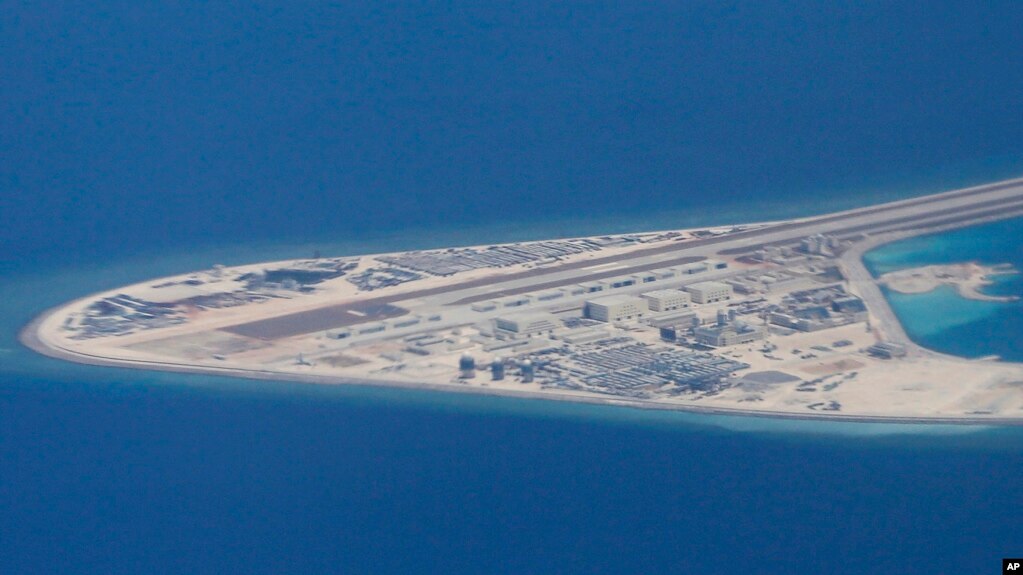For Filipino fishermen, a trip to the Scarborough Shoal in the South China Sea is an uncomfortable one at the best of times.
Hours working in the scorching sun, a monotonous diet of rice, spam and fish, sometimes for weeks, all the while watching for tropical storms that could wreck their modest wooden boats.
For a team of Reuters landlubbers making a reporting trip to the disputed shoal, there were other challenges - the lack of any toilets apart from the sea, sleeping wedged on the open deck, and most of all, the constant worry that the Chinese coastguard would try to drive us away.
Five years after China forcibly blockaded the rich waters from all but its own fishermen, the visit last week confirmed that Beijing had made concessions. Philippine vessels were allowed to fish again, and small boats could enter the lagoon.
But while an international panel last year ruled the shoal should be freely fished by all, China's coastguard was still clearly calling the shots.
Alerted to our presence by Chinese fishermen holding cameras and two-way radios, a coastguard vessel sped towards us before losing track of our boat in the mass of similar looking craft surrounding the prized fishing grounds.
Months in planning, the 200-km (124-mile) journey from the Philippine coast to the shoal took 18 hours in a narrow, 12m (40ft) fishing boat.
For a graphic on the Scarborough Shoal, click
here
Earlier trips had to be canceled when storms made the crossing too dangerous. On this journey a second vessel was hired to accompany us as a precaution against bad weather or breakdowns.

